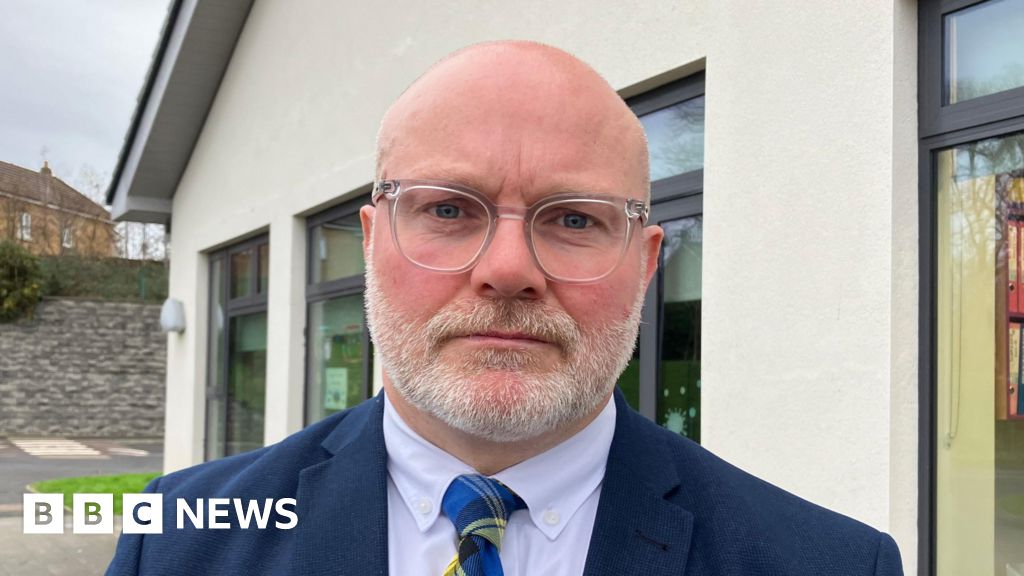Gerry Bradleyand
Auryn Cox,BBC News NI
 BBC
BBCThe principal of a County Londonderry school has said it is like “being back in Covid times”…

Gerry Bradleyand
Auryn Cox,BBC News NI
 BBC
BBCThe principal of a County Londonderry school has said it is like “being back in Covid times”…